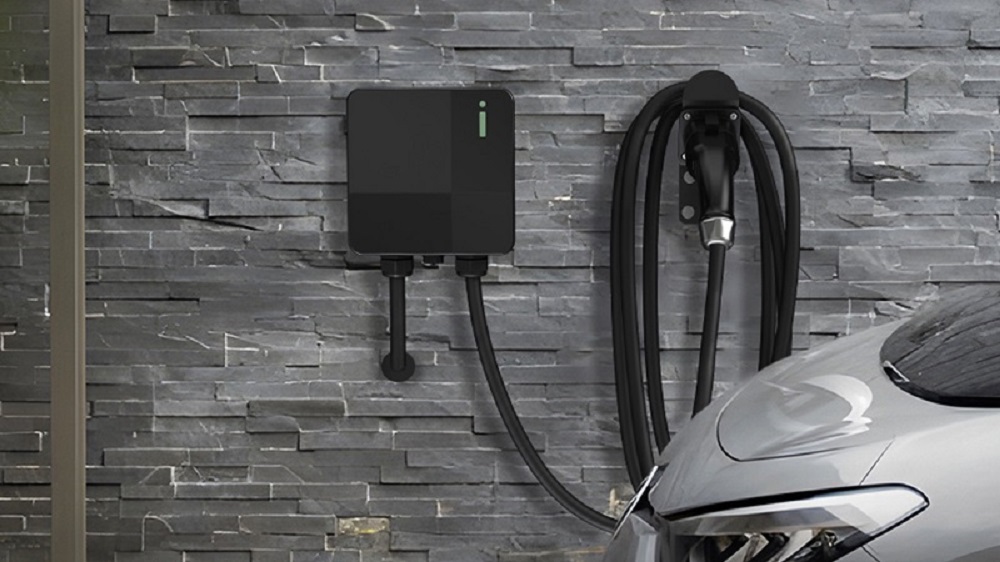
In recent years, more and more people are owning electric cars as the electric car market continues to expand. People buy higher-power level 2 EV charging stations and DC fast chargers (DCFC) to shorten the charging time. A common question arises: do all electric cars use the same chargers?
Not all EVs are compatible with DC Fast Charging and Level 2 EV chargers. EV compatibility usually depends on the EV manufacturer, charging port model, and regional standards.
What is a Level 2 EV charger?
Most electric vehicles support Level 2 charging, a faster charging method typically between 7 and 22 kW.
Level 2 EV chargers are a faster charging method, typically offering between 7 and 22 kW of charging power. Level 2 chargers can charge electric vehicles faster than regular home outlets (Level 1) charging and are suitable for various locations, including homes, commercial charging stations, and offices. It uses specific sockets and connectors, such as Type 2 sockets, to ensure the charging equipment matches the EV's charging port. The widespread use of Level 2 chargers improves the convenience of EV charging, giving users more flexibility in meeting the changing needs of their daily driving.
What is DCFC?
DCFC, or Direct Current Fast Charging, can provide a large amount of power to an electric vehicle in a short period and is typically used for long journeys or where faster charging is required.
As a fast charging solution, DC fast charging stations typically charge vehicles ranging from 60 to 100 miles in 20-30 minutes. As a result, DC fast charging stations are mainly used at motorway rest stops and in busy urban areas, enabling electric vehicles to access power quickly if they need to be recharged.
Are all EVs DCFC and Level 2 compatible?
Most electric vehicles can be compatible with DC fast charging and Level 2 AC charging, but specific compatibility depends on the model and manufacturer.
Almost all major EV manufacturers support DC fast charging technology, such as CHAdeMO (Japan), CCS (Combo Charging System), GB/T (China), or Tesla's Supercharger. However, a few EVs do not offer DC fast charging options, such as some older production EVs.
Almost all EVs support level 2 charging, a more common and standardized method.
Although most EVs support both charging options, charging speeds and power levels vary depending on the model and charging equipment. Therefore, when purchasing an electric vehicle, it's a good idea to be aware of its charging capabilities and compatibility to ensure it meets your daily car and travel needs.

Joint EVC27 level 2 commercial EV charger.
What are the types of EV charging connectors?
The types of EV charging connectors mainly include Type 1 (SAE J1772), Type 2 (IEC 62196-2), CHAdeMO, CCS, Tesla Supercharger, and GB/T, which apply to North America, Europe, Asia, Tesla, and China respectively.
The CCS connector is further divided into two standards, CCS1 and CCS2. ccs1 is mainly used in the North American market (US and Canada). It has a smaller form factor, including two DC charging pins and five AC charging pins for DC fast charging and Level 2 AC charging. In contrast, ccs2 is mainly used in Europe and a few other countries and has a relatively more significant form factor but similar functionality.
Below are the six common EV charging interface standards:
• Type 1 (SAE J1772):
Mainly used in the North American market, including the United States and Canada. This AC charging interface is standard for Level 1 and Level 2 charging.
• Type 2 (IEC 62196-2):
In Europe and some other countries, Type 2 is the main AC and three-phase AC charging interface standard. It is also widely used in DC fast charging stations.
• CHAdeMO:
Used mainly in Asia. It is a fast charging standard used mainly by Japanese car manufacturers. It supports DC fast charging and is known for its fast charging capability.
• CCS (Combo Charging System):
CCS is an interface standard that incorporates a Type 2 connector and two DC charging pins. CCS combines the benefits of the Type 2 connector for AC charging and two additional DC fast charging connectors to provide a comprehensive charging solution.
Why are electric vehicle charger adapters important?
Some EV charger manufacturers offer adapters to address the diversity of charging standards.Different regions or manufacturers in Europe may adopt different EV charging standards, such as CCS, CHAdeMO, Type 2, etc.
Adapters for EV chargers connect the EV to the charging device. Different makes and models of EVs and charging devices may use different charging plugs or interfaces, and adapters create compatibility between EVs and chargers of different standards, enabling EVs to charge charging devices of different standards.
In addition, charging infrastructure providers are increasingly deploying multi-standard chargers at public charging stations to ensure wider access for EV users with different vehicles.
Joint: A leader in the field of electric vehicle chargers
As one of the leading wholesalers of EV chargers, Joint offers a full range of charging solutions, including not only home EV chargers, commercial EV chargers, dual port chargers, and lamp post charging points but also EV charger accessories such as adapters, pedestals, etc., to ensure that you can charge your EV quickly in any situation. Besides, Joint also provides ODM and OEM services.
In the rapid development of the electric vehicle industry, Joint has always been committed to providing high-quality, high-standard, and high-efficiency charging solutions. Our chargers support Level 2 and DCFC and adapt to various charging connector standards, creating a more convenient charging experience for users. Choose Joint to provide broader and more flexible charging support for your electric vehicle. Let's move towards green mobility tomorrow together on the road to the future.
Post time: Jan-17-2024
